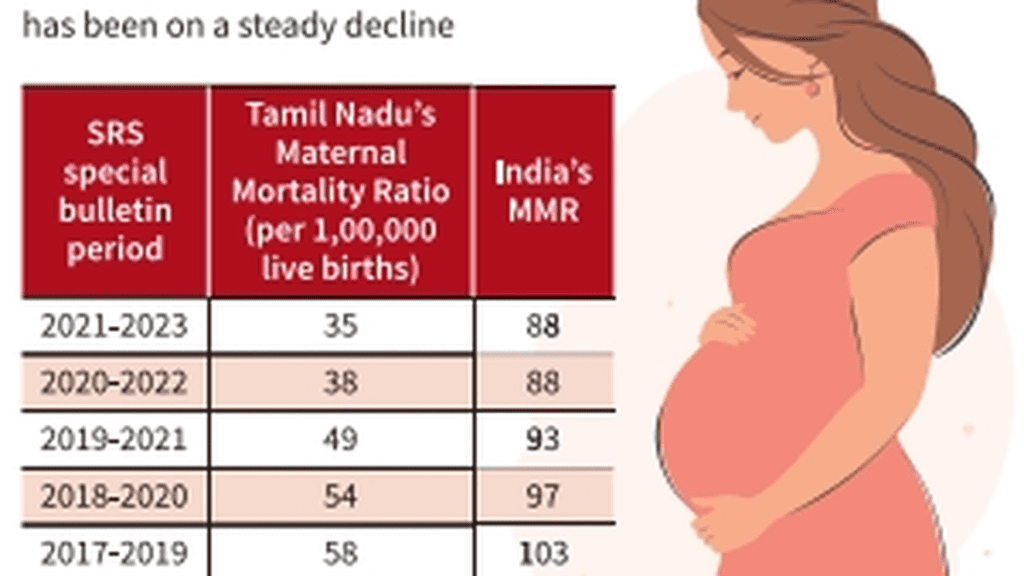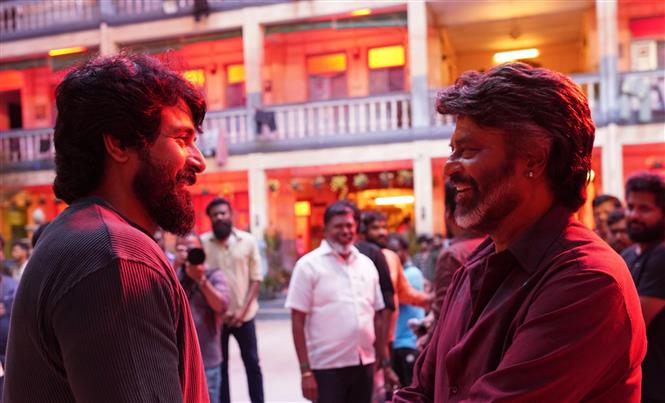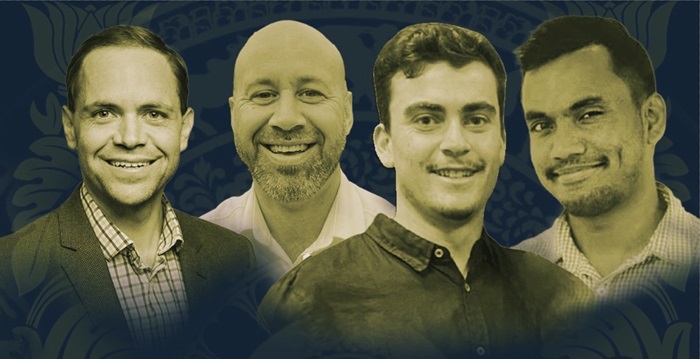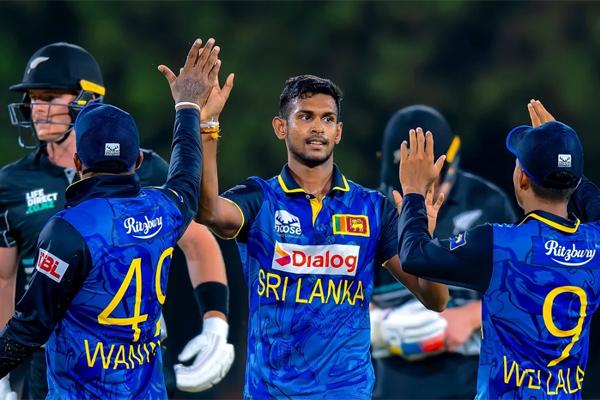Australian Open 2025: Storylines, draws, prize money, live streaming info
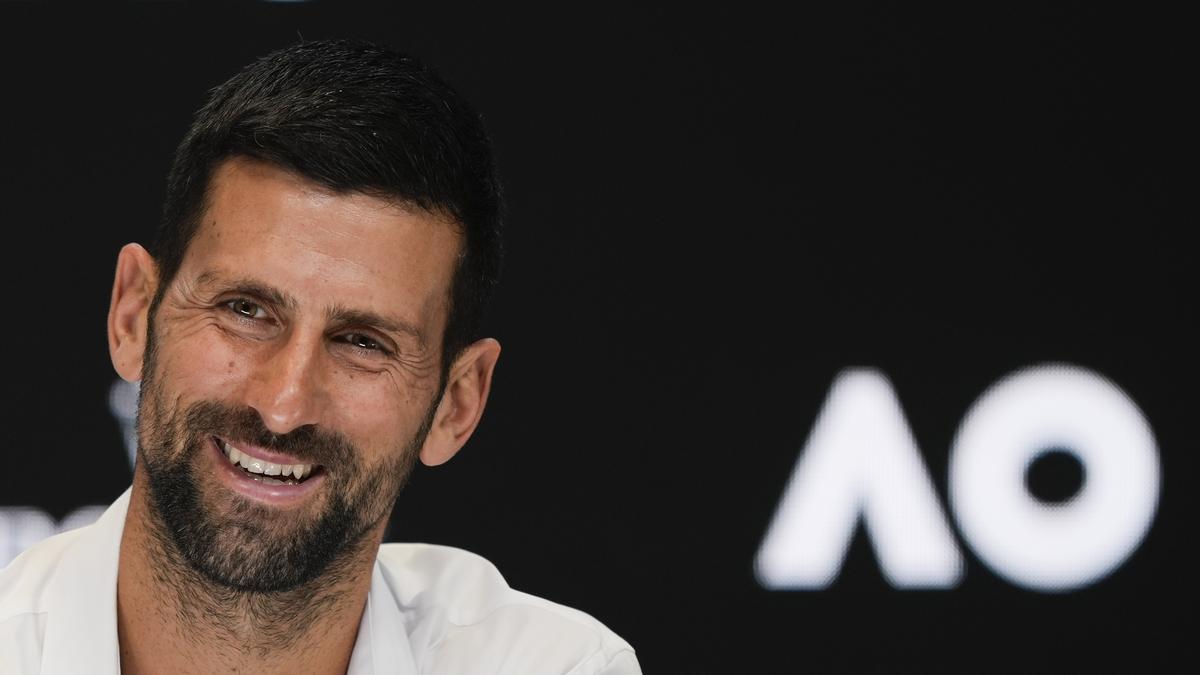
Australian Open 2025: Storylines, draws, prize money, live streaming info
The Australian Open, first Grand Slam of the 2025 season, is scheduled to be held from January 12 to 26 in Melbourne.
Here’s all you need to know about the this year’s tournament:
Last year was on the only fourth season that Serbian Novak Djokovic went without winning a Grand Slam title ever since he won his maiden one back in 2008, which was at the Australian Open.
Back at the Melbourne Park once again, Djokovic will look win his 25th title at the Slams and overtake Margaret Court’s record to be the player with most Grand Slam titles in history.
And Down Under is the perfect place for the Serb to achieve this feat. If one takes a close look at his sparkling career numbers, they will find Djokovic has been at his best in Australia. He has won this Slam 10 times – the most by a single player in this tournament.
Moreover, he will have former player and three-time Grand Slam champion Andy Murray by his side donning the coach’s cap. This will be the first major tournament where tennis fans will find out whether Djokovic’s decision to rope in the Scot, one of his biggest rivals, as his tactician works or not.
Aryna Sabalenka has the chance to win a third-consecutive Australian Open title and become the first woman to do so since Martina Hingis (1997-99). It was at Melbourne when the Belarusian hard-hitter began her tryst with winning the Slams.
Back in 2023, she defeated Elena Rybakina in a three-set thriller before she defended her title last year after beating China’s rising star Zheng Qinwen in straight sets.
Sabalenka’s title defence should begin on a straightforward note as she faces former US Open champion Sloane Stephens, whose best performance in Australia came back in 2013 when the American reached the semifinals.
This will be the first Grand Slam without the presence of ‘King of Clay’ Rafael Nadal, who hung up his racquet last year after the Davis Cup Finals.
While a dominant force in the French Open, Nadal has won the Australian Slam twice. The first came in 2009 when he defeated a certain Roger Federer, and the second title was 13 years later when the Spaniard beat Daniil Medvedev in a five-set thriller in the final.
The duo of Italian Jannik Sinner and Pole Iga Swiatek will be watched closely after being under the scanner for testing positive for banned substances.
It started when the International Tennis Integrity Agency (ITIA) announced that the 23-year-old Italian, who won his maiden Major in Melbourne, had failed two dope tests in March last year. However, he wasn’t suspended and was allowed to play on. He eventually won the US Open.
Sinner was allowed to compete, revealed ITIA, because an independent tribunal said that he bore ‘No Fault or Negligence’ for how the anabolic steroid, which resulted in positive tests, entered his body. WADA appealed against that decision and the hearing in that case will be held in April.
On the other hand, Swiatek pulled out of the WTA’s late-season Asian swing in September 2024 citing “personal matters”. Later, was it revealed that Swiatek was provisionally suspended for testing positive for a banned heart drug.
At the age of 21, Spain’s Carlos Alcaraz is on the brink of creating history. Alcaraz can become the youngest ever man to win all four Majors at least one, thus completing the Career Slam. The record currently belongs to Nadal, who achieved the feat by winning the US Open in 2010 when he was 24 years old.
However, it will be a big challenger for Alcaraz as he has never gone past the quarterfinal stage in Melbourne.
In the men’s singles, Sinner won his maiden Grand Slam title last year at Melbourne Park when the youngster staged a comeback against a much-experienced Medvedev in a five-set thriller in the final.
In the women’s singles, Sabalenka won her second Australian Open title after easing past Zheng in straight sets.
Defending champion Jannik Sinner will begin his title defence against Chile’s Nicolas Jarry while ten-time Australian Open champion Novak Djokovic is set to face rising American youngster Nishesh Basavareddy, who has been awarded a wildcard.
Third-seeded Spaniard Carlos Alcaraz, aiming to complete the Career Slam, will take on Kazakhstan’s Alexander Shevchenko in the opening round.
World No. 1 Aryna Sabalenka, who’s eyeing her third straight title in Australia, will begin her campaign against former US Open champion Sloane Stephens.
World No. 2 Iga Swiatek will face Czechia’s Katerina Siniakova while third seed Coco Gauff, a former US Open champion, will take on compatriot and former Australian Open champion Sofia Kenin in the first round.
The total prize money for this year’s Australian Open is AUD 96.5 million, up nearly 12 per cent compared to last year. The men’s and women’s singles winners will each receive AUD 3.5 million.
In India, viewers will be able to watch the live telecast of the Australian Open on the Sony Sports Network and stream the matches live on the SonyLiv platform.
The men’s singles championship trophy is called the Norman Brookes Challenge Cup, named after Australian tennis great Sir Norman Everard Brookes. He won three Grand Slam titles in his career: Wimbledon in 1907 and 1914 and the 1911 Australasian Championships. He was also a part of the nation’s Davis Cup team that emerged victorious on six occasions. Post-retirement, Brookes went on to become the president of the LTAA.
The women’s singles championship trophy is called the Daphne Akhurst Memorial Cup, named after the winner in 1925-26 and 1928-30. Akhurst was inducted into the Australian Tennis Hall of Fame on Australia Day (26 January) in 2006. She was inducted into the International Tennis Hall of Fame in 2013.
Novak Djokovic: 10 titles (2008, 2011, 2012, 2013, 2015, 2016, 2019, 2020, 2021, 2023)
Roger Federer: 6 titles (2004, 2006, 2007, 2010, 2017, 2018)
Andre Agassi: 4 titles (1995, 2000, 2001, 2003)
Mats Wilander: 3 titles (1983, 1984, 1988)
Serena Williams: 7 titles (2003, 2005, 2007, 2009, 2010, 2015, 2017)
Margaret Court: 4 titles (1969, 1970, 1971, 1973)
Evonne Goolagong: 4 titles (1974, 1975, 1976, 1977)
Monica Seles: 4 titles (1991, 1992, 1993, 1996)
Steffi Graf: 4 titles (1988, 1989, 1990, 1994)



